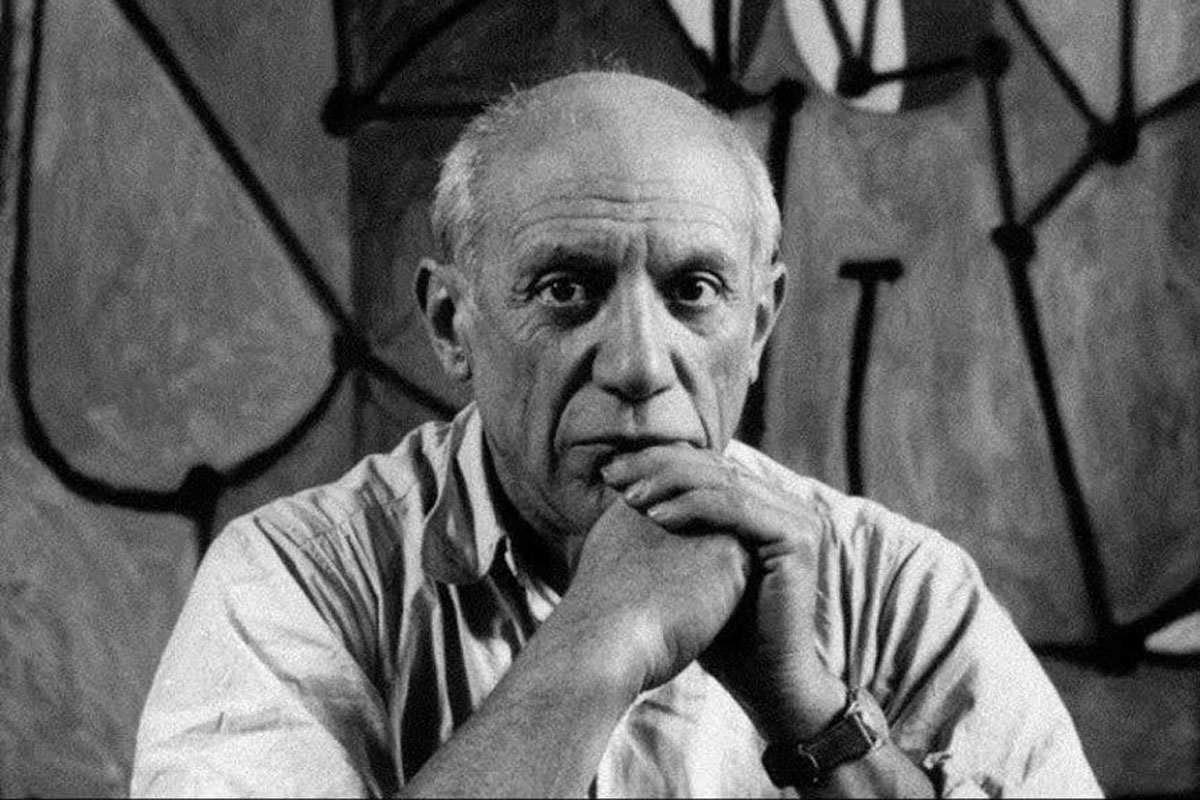This series of articles seeks to examine the character attributes of highly successful leaders, regardless of their adherence to a strong faith or moral standard. In presenting these thoughts, Leadership Ministries is not agreeing with or advocating these traits or practices, but rather presents these as ideas for discussion and development in your own leadership journey.
Samuel Truett Cathy (1921-2014) was an American businessman, investor, author, and philanthropist. He founded the fast-food restaurant chain Chick-fil-A. He started in the food business in 1946 with his brother, Ben, at an Atlanta diner called The Dwarf Grill. In 1961 Cathy developed the product that would make his fortune—the pressure-cooked chicken breast sandwich. In 1967 Cathy opened the first Chick-fil-A restaurant to sell his popular chicken sandwiches in the Greenbriar Shopping Center in Atlanta.
In early years of Chick-fil-A, Cathy’s strategy was to open stores in shopping malls, which became synonymous with the brand. The stores were much cheaper to fit-out in a mall versus as a free-standing building, and came with a built-in customer base of mall shoppers. In 2007, Forbes magazine estimated Cathy’s net worth of $1.2 billion. President George W. Bush bestowed the President’s Call to Service Award on Cathy in 2008.
Truett and his brother Ben worked to keep the family out of poverty from a young age, eventually going into the restaurant business together. Photo: Winshape
Cathy led Chick-fil-A on an unparalleled record of 44 consecutive years of annual sales increases. Cathy’s approach was driven by his personal sense of obligation to the community and its young people. His WinShape Foundation, founded in 1984, grew from his desire to “shape winners” by helping young people succeed in life. The foundation annually awards 20 to 30 students wishing to attend Berry College in Rome, Georgia, with scholarships up to $32,000 that are jointly funded by WinShape and Berry. In addition, through its Leadership Scholarship Program, the Chick-fil-A chain has given more than $30 million in $1,000 scholarships to Chick-fil-A restaurant employees since 1973. This year, the company will award $1.65 million in scholarships to its restaurant team members.[1]
Faith first. Cathy was a member of the First Baptist Church in Jonesboro, Georgia, and taught Sunday School there for more than 50 years. He said that the Bible was his guide-book for life.[2] Due to his strong religious beliefs, all Chick-fil-A locations, whether company-owned or franchised, are closed on Sundays—without exception—allowing owners and employees to attend church and spend time with their families. Despite being closed one day per week, Chick-fil-A stores boast the highest per-store revenue of any fast-food chain.
Tragedy struck on a Saturday in July 1949, when Truitt’s brothers, Ben and Horace, both licensed pilots, set off for Chattanooga, Tennessee in a small plane. The plane crashed near Dalton, Georgia, and both Ben and Horace were killed. The loss hit Truitt hard, and he found himself alone running the family restaurant. As his own family began to grow, his wife and children also became a part of the business. "We were all family, working together," Cathy explained. “For us, family, business, and church weren’t separate aspects of our life. They all blended in together. Those early experiences shaped our children’s viewpoints about life and work.”[3]
Work hard. Truett Cathy developed a philosophy early in life, for which he credited his success, to work hard and place his trust in God. His father, an insurance salesman, was beaten financially and emotionally by the Great Depression. As a result, Cathy looked to his mother for emotional support. His mother also provided financially for the family, renting a house and taking in boarders. For a dollar a day, a boarder received a bed and two meals, breakfast and dinner. “I spent many days alongside her shucking corn, shelling peas, setting the table, and washing dirty dishes,” Cathy recalled. “She never used a recipe. She had an instinct, or an intuition, that guided her through everything she cooked, from fried chicken to sweet potato pie.”[4]
Cathy helped the family by selling Coca-Cola and performing odd jobs. When Cathy and his brother Ben were older, they both had paper routes in their West End neighborhood in Atlanta. Cathy often used his own paper route money to pay for groceries. Then, in 1935, when the brothers became the primary breadwinners with their paper routes, the Cathys left their boarding house and moved into Techwood Homes, the nation’s first federally subsidized housing project. For the rest of his life Cathy would talk almost wistfully about those difficult times in the “family business”—the lessons he learned from his mother and the partnership he and his brother formed. That partnership would become the foundation of their first enterprise as adults: opening a restaurant.[5]
Cathy’s children, Dan, Bubba, and Trudy, were soon a part of the family restaurant business. They are shown here dressed up and sing the “Dwarf House Jingle” to customers, a made-up song that they sang with gusto. Dan and Bubba later became executives for Chick-fil-A. Photo: Winshape
People over profits. Chick-fil-A uses an innovative formula for developing managers and restaurants. Franchise owners are limited to one restaurant, and receive their training and mentoring from Chick-fil-A’s development team. Great emphasis in the training process is given to family participation, a healthy spiritual and personal life, and being generously giving members of the local community. Despite having a low franchise fee, the rigorous training and selection process means that only a very small percentage of applicants are selected to own a restaurant, and only after years of development.
Constantly aware of the needs of people around them, Truitt and his wife, Jeannette, had a particular affection for children in desperate situations. The Cathys opened their home as foster parents, which became a revolving door for young boys and girls seeking a role model, a hot meal and an encouraging word. He even kept a storage area at the company’s headquarters for special items for children in need. “I bought a lot of clothes from stores that were going out of business or other special sales, and I would keep them, along with plenty of toys,” Truett recalled. “Some of our staff liked to call it TruettMart.”
A news reporter once asked Truett Cathy how he would like to be remembered. He answered, “I think I’d like to be remembered as one who kept my priorities in order.” Cathy died in 2014, at age 93.
[1] https://georgiahistory.com/about-ghs/the-georgia-trustees/s-truett-cathy/
[2] Cathy, S. Truett, It’s Easier To Succeed Than Fail, Oliver-Nelson Books (1989); ISBN 0-8407-9030-9.
[3] https://www.mashed.com/256322/the-untold-truth-of-chick-fil-a-founder-s-truett-cathy/
[4] https://www.georgiaencyclopedia.org/articles/business-economy/truett-cathy-1921-2014/
[5] https://www.chick-fil-a.com/stories/inside-chick-fil-a/a-life-centered-on-family
Cover photo: Chick-fil-A


































Orville and Wilbur Wright were two American aviation inventors who are credited with the world first successful airplane. They made their first controlled flight in December 1903 in Kitty Hawk, North Carolina.